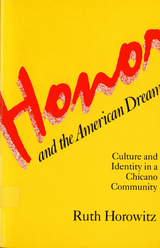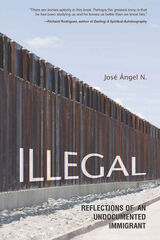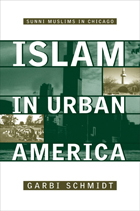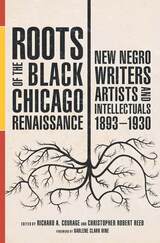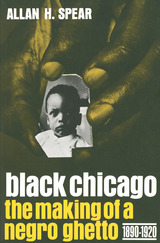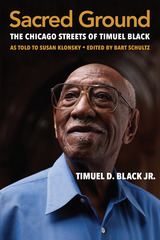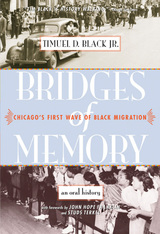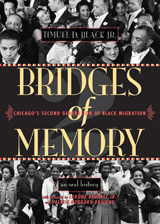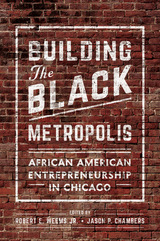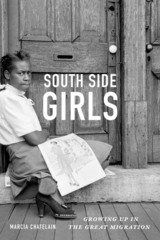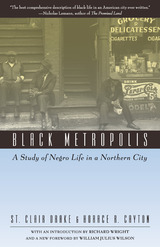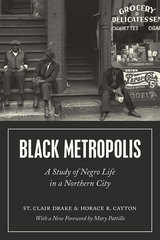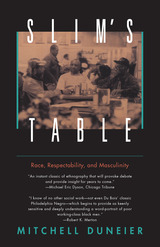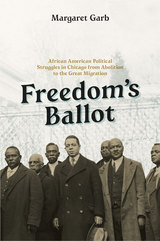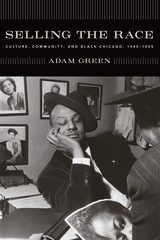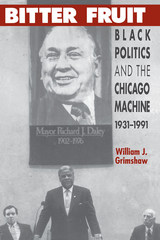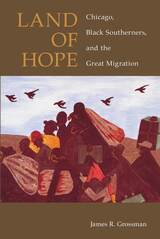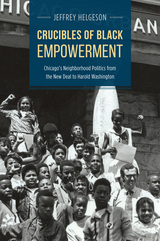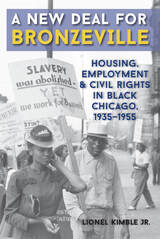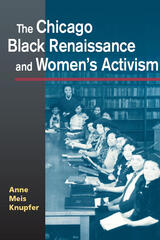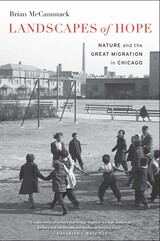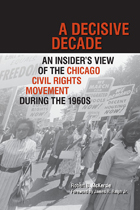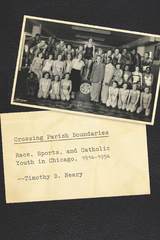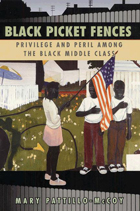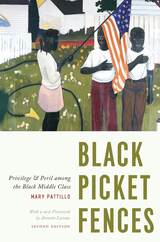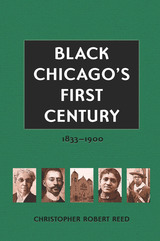Freedom's Ballot: African American Political Struggles in Chicago from Abolition to the Great Migration
University of Chicago Press, 2014
Cloth: 978-0-226-13590-8 | eISBN: 978-0-226-13606-6
Library of Congress Classification F548.9.N4G37 2014
Dewey Decimal Classification 323.119607307731
Cloth: 978-0-226-13590-8 | eISBN: 978-0-226-13606-6
Library of Congress Classification F548.9.N4G37 2014
Dewey Decimal Classification 323.119607307731
ABOUT THIS BOOK | AUTHOR BIOGRAPHY | REVIEWS | TOC | REQUEST ACCESSIBLE FILE
ABOUT THIS BOOK
In the spring of 1915, Chicagoans elected the city’s first black alderman, Oscar De Priest. In a city where African Americans made up less than five percent of the voting population, and in a nation that dismissed and denied black political participation, De Priest’s victory was astonishing. It did not, however, surprise the unruly group of black activists who had been working for several decades to win representation on the city council.
Freedom’s Ballot is the history of three generations of African American activists—the ministers, professionals, labor leaders, clubwomen, and entrepreneurs—who transformed twentieth-century urban politics. This is a complex and important story of how black political power was institutionalized in Chicago in the half-century following the Civil War. Margaret Garb explores the social and political fabric of Chicago, revealing how the physical makeup of the city was shaped by both political corruption and racial empowerment—in ways that can still be seen and felt today.
Freedom’s Ballot is the history of three generations of African American activists—the ministers, professionals, labor leaders, clubwomen, and entrepreneurs—who transformed twentieth-century urban politics. This is a complex and important story of how black political power was institutionalized in Chicago in the half-century following the Civil War. Margaret Garb explores the social and political fabric of Chicago, revealing how the physical makeup of the city was shaped by both political corruption and racial empowerment—in ways that can still be seen and felt today.
See other books on: Abolition | Chicago | Chicago (Ill.) | Garb, Margaret | Great Migration
See other titles from University of Chicago Press

